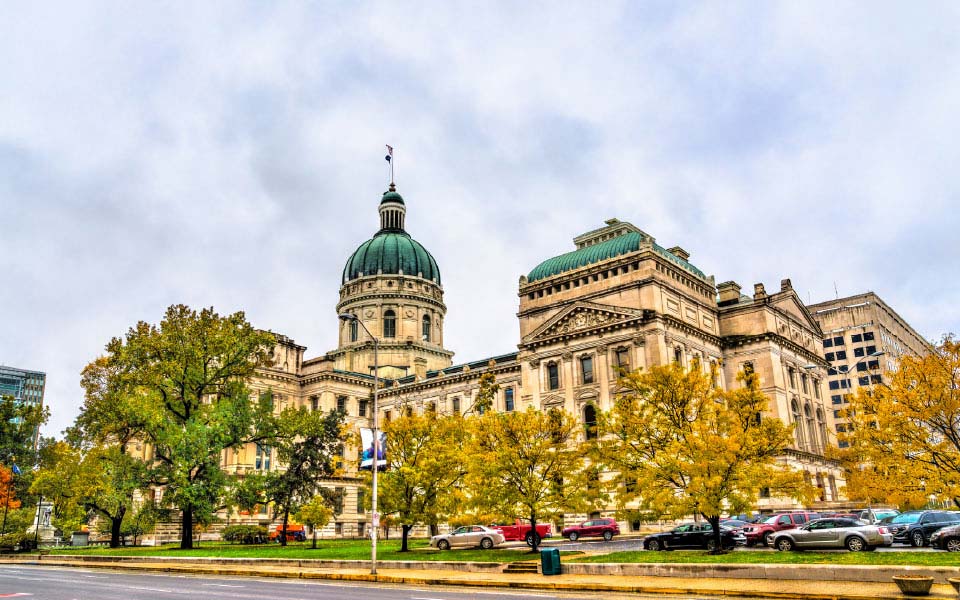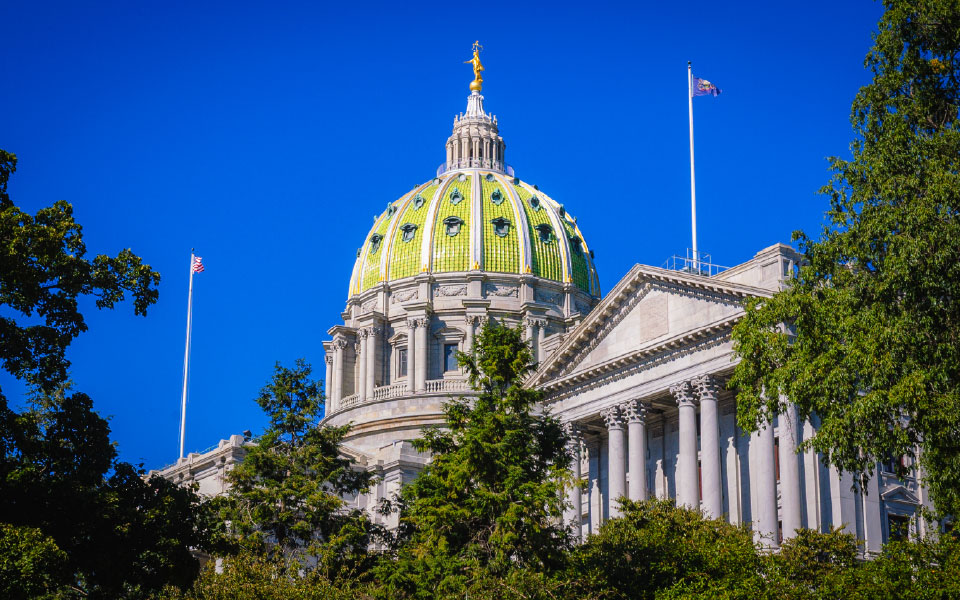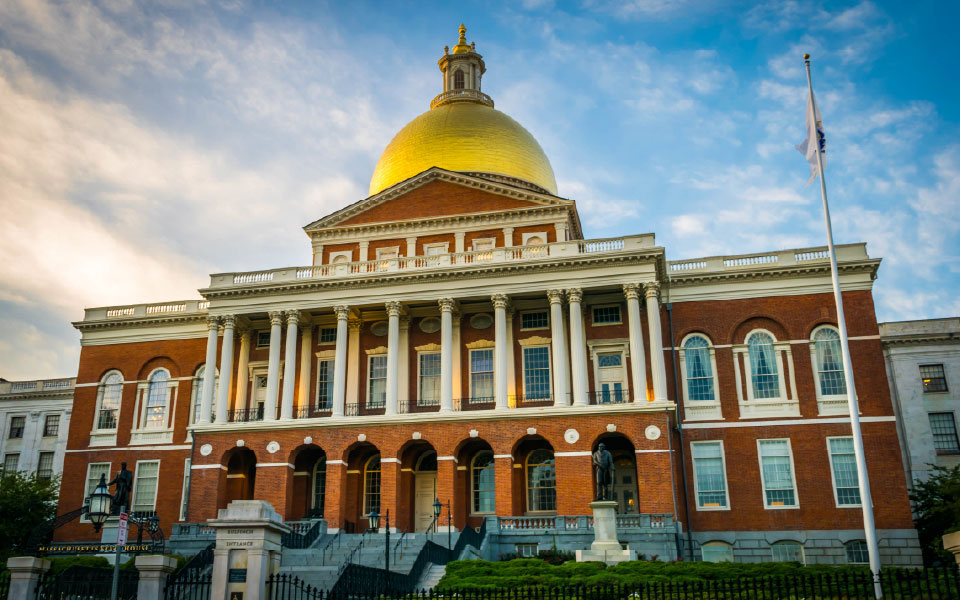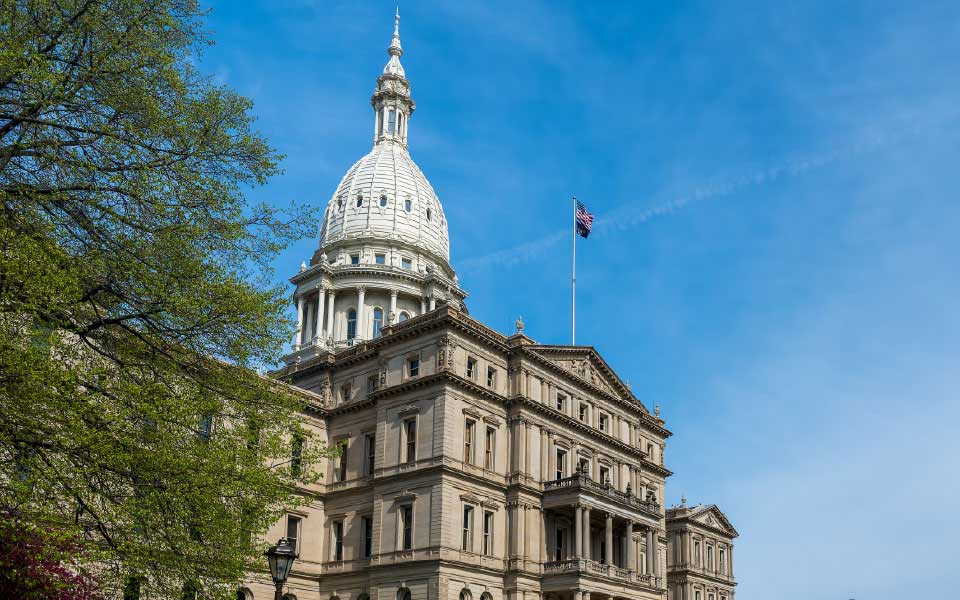8% by Land, 0.5% by Sea, and 10% by Air
Like most states, Washington imposes a sales tax on the sale of most motor vehicles. Whether a car is purchased at a dealership or in a private sale, it cannot be registered under the new owner’s name until the sales tax is paid in full. Similar rules apply to boats and airplanes. Beginning in 2026, additional excise taxes will be imposed on the sale of all three types of transportation equipment.
Motor Vehicles
On and after Jan. 1, 2026, buyers of most non-commercial motor vehicles priced at over $100,000 will pay an 8% tax on the amount exceeding $100,000. This is in addition to the regular sales tax rate, which can be as high as 10.6%, thus making the potential tax rate on a vehicle’s price exceeding $100,000 over 18%. Aside from commercial vehicles (generally school buses and vehicles transporting more than 16 people), there are other exemptions to this tax. For example, it does not apply to off-road vehicles, non-highway vehicles used for recreational purposes on non-highway roads, trails, or other natural terrain, and snowmobiles. Additionally, vehicles with a gross weight of over 10,000 pounds, excluding motorhomes, are exempt from the tax, as are farm tractors and vehicles, except those used for cannabis production.
The trade-in vehicles that ultimately reduce what a buyer pays out-of-pocket do not affect the amount subject to the tax; for example, a dealership selling a car for $150,000 will be required to charge the additional 8% tax on $50,000; it doesn’t matter if the buyer partly “pays” for the vehicle with another car valued at $30,000 and pays the remaining $120,000 in cash.
For leased vehicles, an additional 8% tax will be imposed in the same manner as for purchased vehicles, charged on the fair market value of the vehicle exceeding $100,000 at the beginning of the lease.
Vehicles brought in from outside the state, where a use tax must be paid to register the car, will also be subject to this tax in the same manner as vehicles sold in the state.
The threshold at which this extra 8% tax applies will increase on July 1 of every year by 2%, rounded to the nearest whole dollar. Therefore, effective July 1, 2026, the additional 8% tax will apply to vehicles with a sale price exceeding $102,000.
Boats and Watercraft
Those shopping for a new boat in Washington state should consider closing the purchase before next summer, because a new 0.5% tax will apply to certain watercraft beginning July 1, 2026, in addition to the regular sales tax. Generally, the tax applies to vessels defined as “every watercraft used or capable of being used as a means of transportation on the water, other than a seaplane” under RCW 88.02.310 and required to be registered to pay the state’s annual excise tax imposed on the fair market value under RCW 82.49.010. Vessels that are not subject to this additional 0.5% tax because, under RCW 88.02.570, they are not required to be registered or subject to the annual excise tax, include government vessels, vessels without propulsion machinery (i.e., rowboats, canoes), vessels primarily engaged in commerce, vessels held for resale by a licensed dealer, and numerous other types. Additional types of boats not subject to this tax include those exclusively used for commercial fishing, owned by a nonprofit organization, or under 16 feet in length. It appears the state has generally intended for this tax to apply to recreational vessels with any type of “propulsion system” other than human power.
Similar to their land-based counterparts, the tax is measured strictly by the vessel’s selling price; any vessels traded in as partial payment do not reduce the amount of tax that applies. Also, similar to motor vehicles that are leased, the 0.5% tax will apply to the fair market value of the vessel at the time the lease begins.
Private Aircraft
A new 10% tax on noncommercial aircraft sales over $500,000 and leased aircraft with a fair market value over $500,000 takes effect on April 1, 2026. The 10% tax applies to the portion of the plane’s sales price or fair market value exceeding $500,000. As is the case with motor vehicles and boats, the tax is based strictly on the sales price, and the value of any aircraft traded in toward the purchase does not affect the computation of the tax. A compensating luxury aircraft use tax also applies to usage of privately owned aircraft in Washington on and after April 1, 2026.
Aircraft not subject to this tax are identified in RCW 82.48.100, and include government owned and operated aircraft, aircraft registered in another country or state, aircraft primarily involved in interstate or foreign commerce and commercial aircraft identified in RCW 82.32.550 that are certified by the federal aviation administration for transporting persons or property, as well as any airplane designed to carry a certain number of people with a range over 7200 miles and a certain level fuel efficiency. Also exempt are aircraft owned by nonresidents of Washington that are registered in their home state. However, storage or usage of such aircraft in Washington for more than 90 days in a calendar year can result in the imposition of Washington’s aircraft excise tax.
Those who purchase or sell high-end cars, boats, and private planes in the state of Washington with more questions about this change to the state sales tax law should contact their CBIZ state and local tax advisor.
© Copyright CBIZ, Inc. All rights reserved. Use of the material contained herein without the express written consent of the firms is prohibited by law. This publication is distributed with the understanding that CBIZ is not rendering legal, accounting or other professional advice. The reader is advised to contact a tax professional prior to taking any action based upon this information. CBIZ assumes no liability whatsoever in connection with the use of this information and assumes no obligation to inform the reader of any changes in tax laws or other factors that could affect the information contained herein. Material contained in this publication is informational and promotional in nature and not intended to be specific financial, tax or consulting advice. Readers are advised to seek professional consultation regarding circumstances affecting their organization.
“CBIZ” is the brand name under which CBIZ CPAs P.C. and CBIZ, Inc. and its subsidiaries, including CBIZ Advisors, LLC, provide professional services. CBIZ CPAs P.C. and CBIZ, Inc. (and its subsidiaries) practice as an alternative practice structure in accordance with the AICPA Code of Professional Conduct and applicable law, regulations, and professional standards. CBIZ CPAs P.C. is a licensed independent CPA firm that provides attest services to its clients. CBIZ, Inc. and its subsidiary entities provide tax, advisory, and consulting services to their clients. CBIZ, Inc. and its subsidiary entities are not licensed CPA firms and, therefore, cannot provide attest services.















